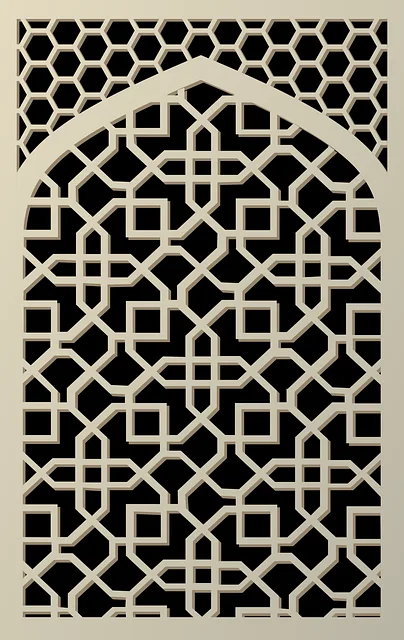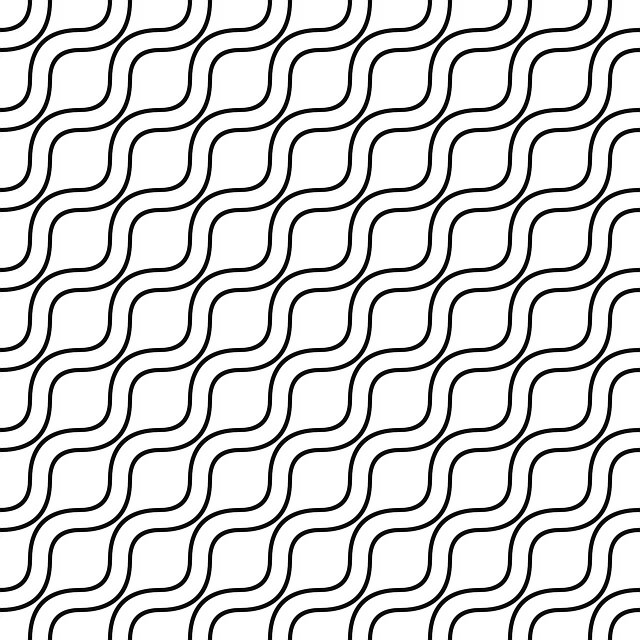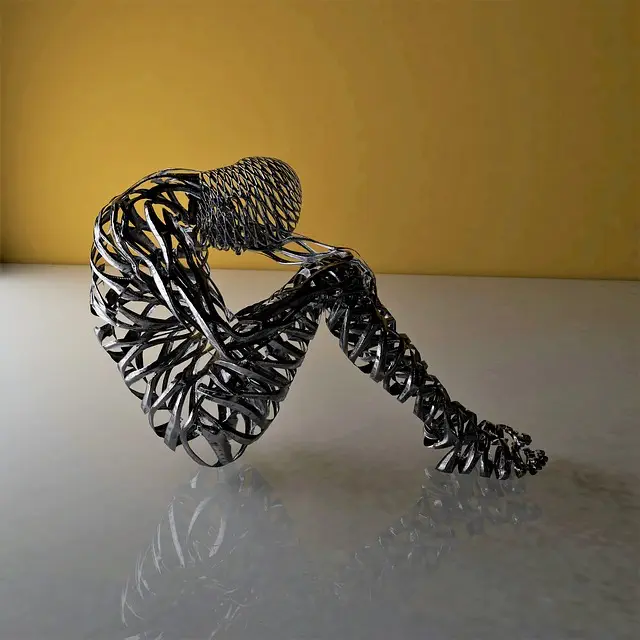Anxiety disorders often require a comprehensive treatment plan involving therapy, medication, and lifestyle modifications. Kratom, from the Mitragyna speciosa tree, has been explored for its potential to aid in muscle relaxation, a common issue for those with anxiety disorders. Its alkaloids, such as 7-hydroxymitragynine, are believed to exert sedative effects that can alleviate muscle tension. While Kratom shows promise in this area, it's crucial to approach its use with caution and under the supervision of healthcare professionals due to its complex legal status, potential side effects, and interactions with other substances. Kratom may complement traditional anxiety management strategies by enhancing relaxation without compromising mental clarity needed for therapeutic interventions like cognitive-behavioral therapy. It's essential to consider the integration of Kratom within a treatment plan as part of a holistic approach that includes peer support and alternative stress reduction techniques like yoga and meditation, aiming for improved health outcomes and quality of life.
exploring the multifaceted nature of anxiety disorders, this article delves into the potential benefits of kratom in managing symptoms, particularly in relation to muscle tension. We will traverse the landscape of support systems available for individuals grappling with these conditions, emphasizing professional guidance, peer support networks, and holistic practices. Furthermore, we will investigate how kratom can be integrated into traditional treatments, shedding light on its role as a complementary measure for those seeking relief from anxiety-induced muscle stress. Join us as we navigate the intersection of conventional care and alternative therapies in the quest for effective anxiety disorder support.
- Understanding Anxiety Disorders: The Role of Kratom in Management and Muscle Relaxation
- Navigating Support Systems for Anxiety Disorders: Professional Help, Peer Groups, and Holistic Approaches
- Integrative Therapies: How Kratom Can Complement Traditional Treatments for Anxiety-Related Muscle Tension and Relief
Understanding Anxiety Disorders: The Role of Kratom in Management and Muscle Relaxation

Anxiety disorders represent a spectrum of mental health conditions characterized by persistent, excessive anxiety and stress. The intricate nature of these disorders often necessitates comprehensive support through therapy, medication, and lifestyle adjustments. In this context, Kratom has emerged as a topic of interest due to its potential role in managing symptoms, particularly those related to muscle tension, which is a common complaint among individuals with anxiety disorders. Mitragyna speciosa, commonly known as Kratom, is a tropical evergreen tree native to Southeast Asia. Its leaves have been traditionally chewed or brewed into tea for their stimulant and sedative effects, which can influence mood and physical well-being. Research is ongoing regarding the efficacy and safety of Kratom in managing anxiety; however, its alkaloids, such as 7-hydroxymitragynine, may contribute to muscle relaxation, an effect that could be beneficial for those experiencing muscle tightness associated with their disorder. It’s important to approach any supplement or alternative treatment with caution and under the guidance of a healthcare professional, especially given the complexities surrounding Kratom’s legal status and potential side effects. Proper medical advice is crucial when considering Kratom as part of an anxiety management strategy, particularly in conjunction with conventional therapeutic approaches.
Navigating Support Systems for Anxiety Disorders: Professional Help, Peer Groups, and Holistic Approaches

Navigating support systems for anxiety disorders involves a multifaceted approach that encompasses professional help, peer group interactions, and holistic methods such as Kratom for muscle relaxation. Professional psychological therapy is a cornerstone of treatment, with licensed therapists offering cognitive-behavioral therapy (CBT), exposure therapy, and other evidence-based practices tailored to the individual’s unique needs. These therapies help individuals understand their anxiety triggers and develop coping strategies to manage symptoms effectively. In conjunction with professional care, peer support groups provide a space for those with anxiety disorders to share experiences, offer mutual encouragement, and learn from the collective wisdom of others who have navigated similar challenges. Within these groups, members may discuss the role of natural supplements like Kratom in aiding muscle relaxation, as it is known for its potential soothing effects that can alleviate some of the physical symptoms associated with anxiety. Additionally, holistic approaches such as yoga, meditation, and mindfulness exercises complement professional guidance by promoting overall well-being and offering alternative avenues for stress reduction and muscle relaxation. Kratom, in particular, is often highlighted for its potential benefits in managing anxiety-related discomfort, though it is important to consult healthcare professionals before incorporating it into one’s treatment regimen due to its complex effects and regulatory considerations. By integrating these diverse support systems, individuals with anxiety disorders can develop a comprehensive strategy to manage their condition and improve their quality of life.
Integrative Therapies: How Kratom Can Complement Traditional Treatments for Anxiety-Related Muscle Tension and Relief

Individuals grappling with anxiety disorders often experience a range of physical symptoms, among them muscle tension that can be both distressing and debilitating. Traditional treatments for anxiety-related muscle tension include medication, psychotherapy, and stress management techniques. However, complementary approaches such as integrative therapies have gained prominence in enhancing the efficacy of conventional treatment modalities. One such therapy that has emerged as a potential aid is Kratom, a plant-based substance derived from the leaves of Mitragyna speciosa. Kratom is known for its effects on muscle relaxation and pain relief, which can be particularly beneficial for those with anxiety-induced muscle rigidity. Its active compounds, mitragynine and 7-hydroxymitragynine, interact with the body’s opioid receptors, leading to a reduction in discomfort and an overall sense of calm.
When integrated into a comprehensive treatment plan, Kratom can serve as a complementary measure to address the physical manifestations of anxiety. It is crucial for individuals to consult healthcare professionals before incorporating Kratom into their wellness regimen, given its potential side effects and interactions with other medications. Under professional guidance, Kratom may be used strategically to aid in muscle relaxation without overpowering the mental clarity necessary for cognitive-behavioral therapy and other forms of psychotherapy that are central to managing anxiety disorders. This dual approach allows individuals to engage in their treatment more fully, potentially improving outcomes and quality of life.
In conclusion, anxiety disorders present a complex challenge that requires multifaceted support. The article has explored the intricacies of these conditions and the potential role of kratom in providing relief for symptoms such as muscle tension through its muscle-relaxing properties. It is clear that while kratom may serve as a complementary measure alongside traditional treatments, it is equally important to engage with comprehensive support systems, including professional care, peer support groups, and integrative therapies. A holistic approach encompassing all these elements can offer individuals coping strategies tailored to their unique experiences with anxiety disorders. Ultimately, the journey toward managing anxiety disorders is one of personal growth, empowerment, and resilience, where kratom’s role in muscle relaxation can play a supportive part in an individual’s broader treatment plan.






